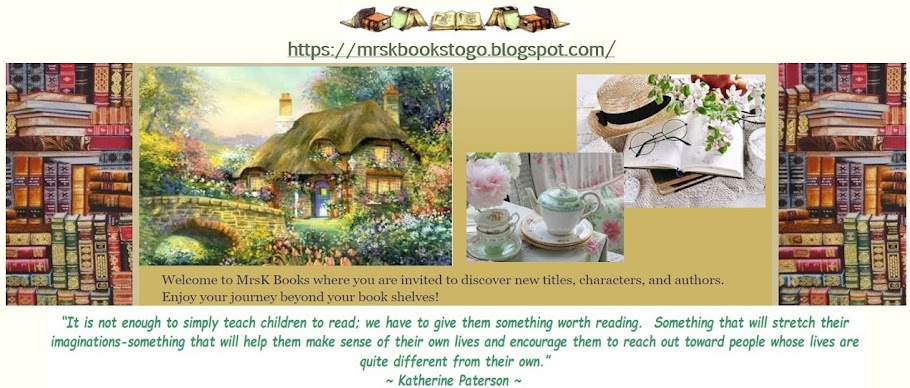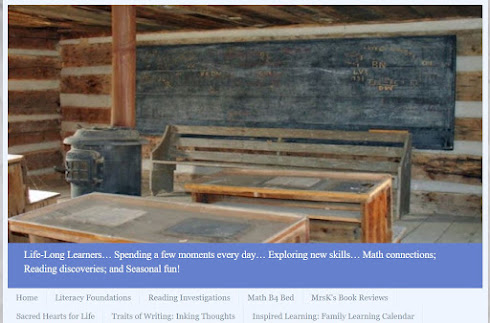Luke Reynolds
ISBN:
Publisher's Synopsis:
Life lessons in bullying, first love, and an up-close examination of the meaning of courage for kids ages 11-14.Author Luke Reynolds's humorous and heart-warming contemporary novel chronicles one boy's journey through bullying, first love, and a discovery of the meaning of courage.
Atticus Hobart couldn't feel worse. Not only does he have the world's most overactive imagination, he's in love with a girl he can't talk to, is the class bully's personal punching bag, and to top it all off, his dad just left the family. Into this drama steps Mr. Looney, an older than dirt and crazier than insanity itself seventy-seven-year-old substitute English teacher with a very unconventional approach to teaching. But Atticus soon discovers there's more to Mr. Looney's methods than he'd first thought. And as Atticus begins to unlock the meaning behind his own name, he finds that his imagination can help him forge his own voice, and maybe-just maybe-show him that the power to face his problems was inside him all along.
MrsK's Review:
When a new book arrives, there is always anticipated joy. Often, there is a delightful surprise... an unexpected character or a great enjoyable story line. Atticus and his experiences will bring out the "joy" in reading for everyone who chooses this middle school journey.
"I don't know why I can't speak in class.
All I know is that when I try to get what's in my head to come out for other people to hear,
it doesn't work."
Atticus is intelligent, his imagination is like a script waiting to be published. He is kind, compassionate, and being bullied. Middle school is difficult for everyone, yet this year in particular is made of the stuff that would cause "cracks" in his schemata about life. This year the bullying goes beyond words... this year his father needs a "Figure-Myself-Out" leave of absence ... this year he realizes that a girl friend is no longer just a friend... this year he discovers the strength with in... because this year Mr. Looney comes as a substitute to his middle school English class.
At Levy Field, Atticus knows that he "stinks" in baseball. Danny the bully, creates the worst possible atmosphere every time he goes to bat. Atticus becomes Fatticus the boy who can't play ball! Oh how he wishes he could pay back Danny, the bully machine, or better known as "Fanny" in his imagination.
"So, my life is pretty much a mess, and into all of this confusion comes a
really, really, really, really old guy..."
Could you imagine, right away all Mr. Looney does is stare. Not just at the class but up close and personal in each of their faces. Is he some kind of a psycho? Is he mentally unstable or legally insane? Wait.. what, did he really stare me down and then "wink?"
On the second day of class, Atticus arrives to an emptied classroom... including no teacher. When no one shows up, the class is "stunned" into silence... that is until a loud crash brings in loud jungle sounds. Far back in the classroom a door opens and in comes Mr. Looney...
"... wearing these ratty jeans... some kind of tie-dyed T-shirt... carrying a huge wooden stick... and hunched over..."
"What the heck?!" Once Mr. Looney begins making noises, animal sounds, and made up words ("OOO-SHI-MONGOOO... OOO-SI-MONGOOO... KACHICHI... KACHICHI!"). The craziness gets out of control.
"I am seventy-seven years old. I have taught forty-nine years of students just like you.
And I have learned one thing.
Only one thing."
Atticus is on the edge, hooked by the best hook... what Atticus discovers is...
- Who he is afraid of.
- Why teachers are never around when you need one.
- Why an author writes a book.
- The definition of a father.
- Where courage comes from.
- How to use his voice in class.
- How to revise his thoughts.
- What's beneath the surface of what "we" show others.
- When life is about being the best version of himself.
- When something is broken it can always be redeemed.
- Healing
- Having a story worth telling.
MrsK
"When most teachers and students read a book,
they focus on what they think is important.
They ask questions about the plot... the theme... the storyline...
There is something so much more important... when it comes to reading a book.
Who are the people in the book?
and
Who are you in their company?"
Inspiring fun... Excellent characters... A story just waiting to be re-shared!
A must for all classroom and library shelves.




No comments:
Post a Comment